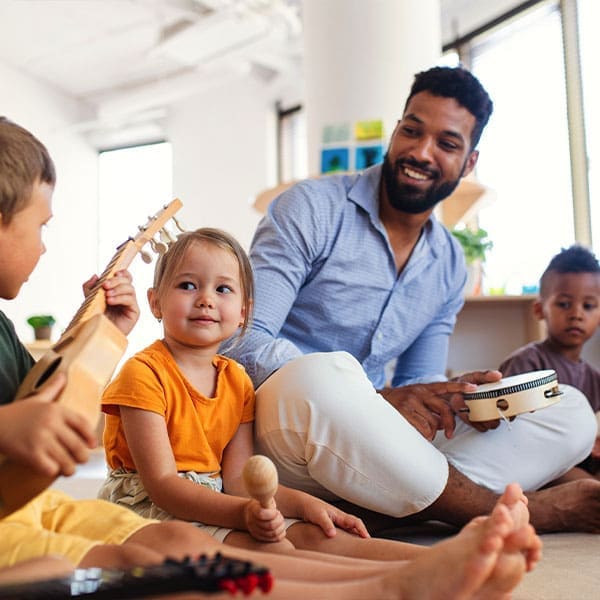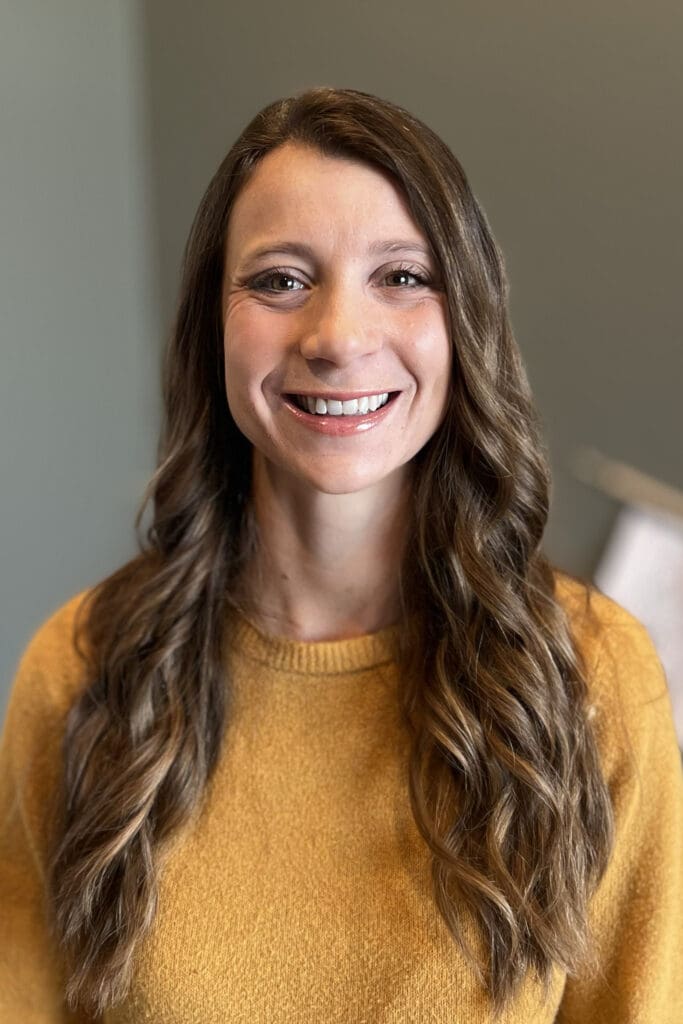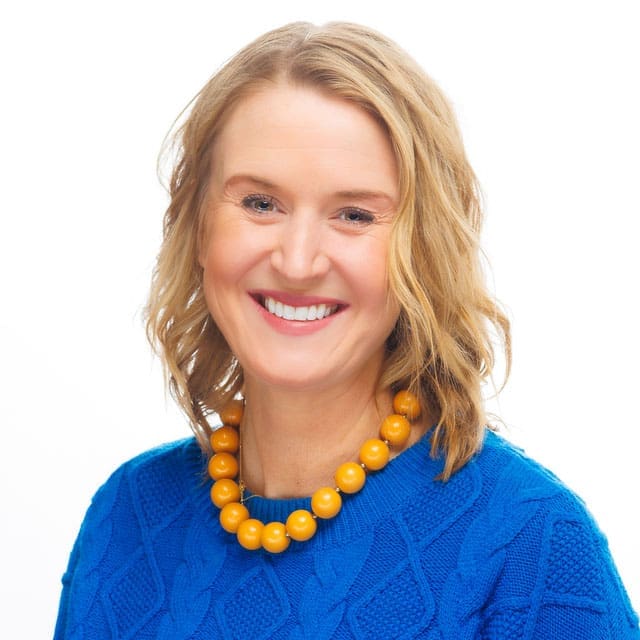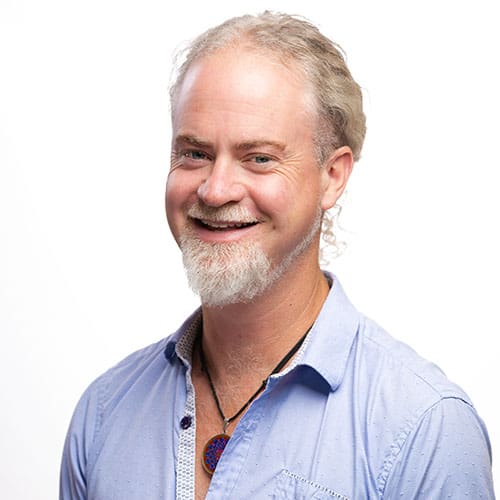ABOUT MINDFUL MUSICIANS
Written from the lens of a music therapist, music educator, mother, and self-help book junkie, our material encompasses the standards of music curricula as well as socio-emotional curricula.
Our Goal: Normalize conversations around brain health by using music to bridge the gap from adult knowledge to youth experience. We aim to implant socio-emotional core beliefs that support positive brain health and coping skills for times of future distress.
Our Products: Backed by research in the fields of psychology, neuroanatomy, education, and music therapy. our product works to implant socio-emotional core beliefs that support positive brain health and coping skills for times of future distress.
Our Lyrics: Backed by practical real-life scenarios of childhood adversities, parenting obstacles, and traumatic losses that challenge resilience, encourage exploration and acceptance of self, and remind us that the most important part of this entire journey is to enjoy it.

As a parent, I can’t emphasize enough how transformative the Mindful Musicians program has been for my children and our family. It goes beyond teaching notes and rhythms; it instills essential socio-emotional skills that support their development and resilience.

- katelyn m.
As a parent, I can’t emphasize enough how transformative the Mindful Musicians program has been for my children and our family. It goes beyond teaching notes and rhythms; it instills essential socio-emotional skills that support their development and resilience.

- katelyn m.
MEET THE TEAM

Callie FitzGerald
Callie FitzGerald is a human that is committed to experiencing life in a vulnerable and honest way. She is motivated to helping improve the resilience and mental health of our world starting with the youngest of learners. A board certified music therapist specializing in neurologic music therapy, Callie has founded Mindful Musicians to promote and normalize harder conversations and topics in fun and interactive ways. She believes in shifting struggles in life into connection and growth opportunities. She proudly continues her own learning through the experiences in roles as wife, mother, and CEO of non-profit Centrally Rooted in Dubuque, Iowa

ANA MARIA LOCKE
Ana Maria is a clarinetist, artist, and educator based in Dubuque, Iowa. She is a graduate of Troy University and the UNC School of the Arts, and she is in the final stage of the doctoral program in Clarinet Performance and Pedagogy at the University of Iowa. Her passion for education and music has led her to serve in several nonprofits, including ArtistCorps, Please Pass the Love, and Centrally Rooted. She has found great joy working for Mindful Musicians, where she is able to draw, design, and develop new projects that further the mission by providing high-quality, engaging tools for youth to learn more about brain health. When she isn’t working on a new project, she can be found exploring Iowa or enjoying music at home while crafting with her husband and daughter.

Scott McDermott
Scott is a thoughtful and innovative musician dedicated to creating mindful children’s music that inspires joy, creativity, and emotional well-being. A musician, songwriter, and recording engineer with nearly 30 years experience playing, writing, and studying music.
As a song writer my goal is to blend soothing melodies with meaningful lyrics, designed to nurture young minds and encourage self-awareness, empathy, and imagination.
“We teach the youth mindfulness through music. Those lessons tend to ripple up to the parents and grandparents. My intent is to make the world a more compassionate place.”
